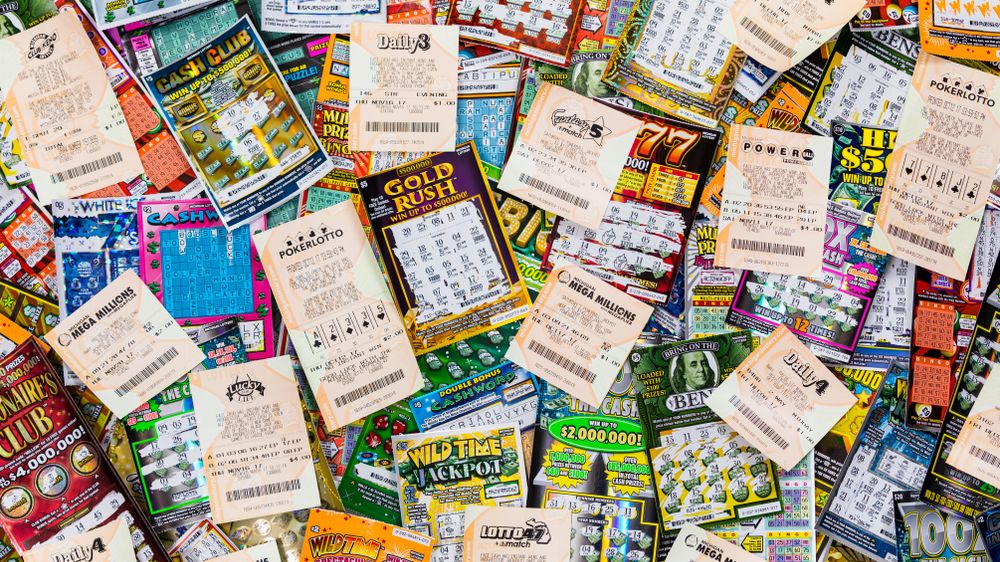
Lottery Fever: When Hope and Probability Collide
In a world driven by uncertainty and the pursuit of dreams, few phenomena capture the human spirit quite like the lottery. The allure of winning a life-changing jackpot has the power to ignite a feverish excitement known as “Lottery Fever.” This phenomenon is a fascinating intersection where hope and probability collide, creating a unique blend of anticipation, optimism, and, for some, disappointment https://massagecrystallakeil.com.
The Allure of the Jackpot:
Lotteries have been a part of human culture for centuries, with records of rudimentary lotteries dating back to ancient China and Rome. In the modern era, lotteries have evolved into colossal enterprises with eye-watering jackpots that promise financial freedom and the realization of lifelong dreams. The prospect of turning a small investment into a fortune overnight fuels the collective imagination, giving birth to what can only be described as lottery fever.
The Mathematics of Hope:
Lotteries operate on the principle of probability, a field of mathematics that quantifies the likelihood of various outcomes. While the odds of winning the jackpot are often astronomical, the human mind tends to focus on the infinitesimally small chance of success rather than the overwhelming likelihood of failure. This cognitive bias amplifies hope, turning the lottery into a beacon of possibility amid the statistical improbability.
Hope as a Cultural Phenomenon:
Lottery fever is not just a statistical anomaly; it’s a cultural phenomenon. As jackpots soar to unprecedented heights, the media amplifies the frenzy, creating a shared experience that transcends demographics. Suddenly, conversations revolve around “What would you do if you won?” rather than the mundane realities of daily life. The allure of the lottery becomes a unifying force, capturing the collective imagination and providing a temporary escape from the challenges of everyday existence.
The Dark Side of Lottery Fever:
While lottery fever may be characterized by excitement and anticipation, it also has a dark side. For some, the hope of winning becomes an obsession, leading to financial irresponsibility as individuals invest more than they can afford in pursuit of the elusive jackpot. Additionally, winners themselves often face unexpected challenges, from managing newfound wealth to navigating relationships strained by envy and expectations.
The Power of Dreams:
Lottery fever, despite its inherent risks, serves as a testament to the power of dreams in the human psyche. It highlights the universal desire for a better life, the pursuit of happiness, and the belief that a stroke of luck can transform destinies. Even if the odds are stacked against us, the dream of winning the lottery taps into a fundamental aspect of our humanity – the perpetual pursuit of a brighter, more fulfilling future.
Conclusion:
Lottery fever is a captivating blend of hope and probability, where the allure of a jackpot transcends statistical realities. It reflects the universal human desire for a life-changing stroke of luck and serves as a temporary escape from the challenges of everyday life.